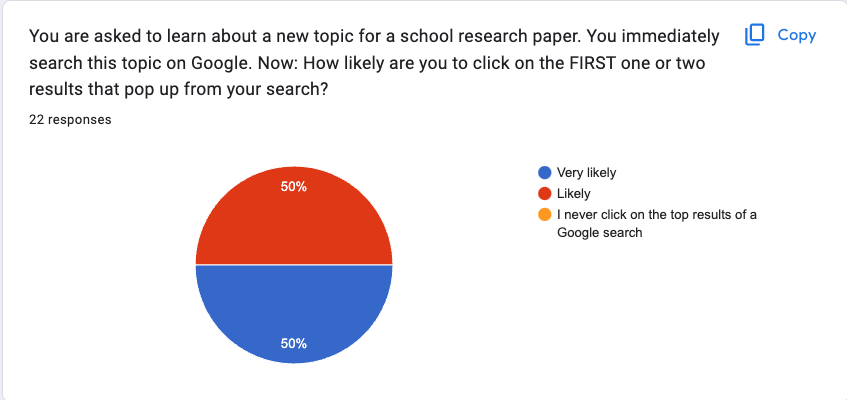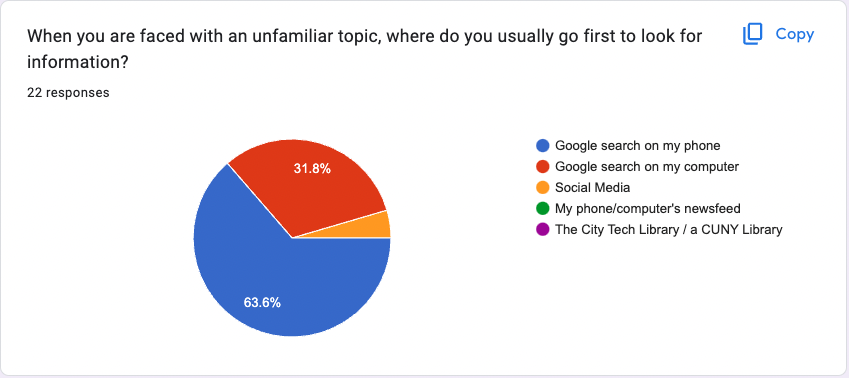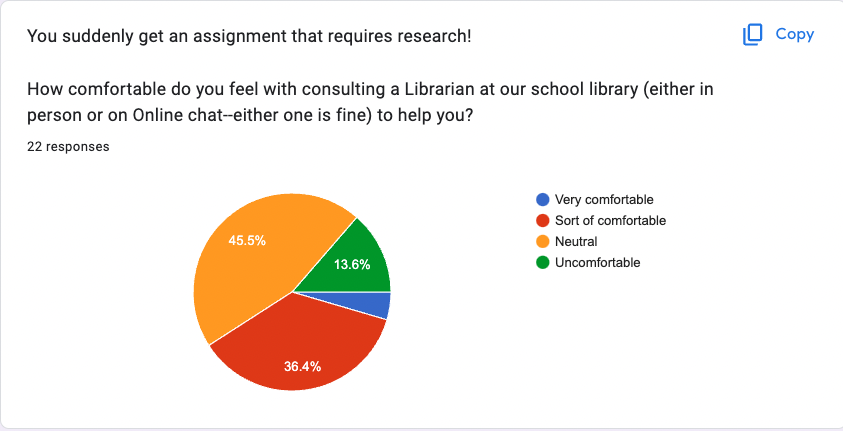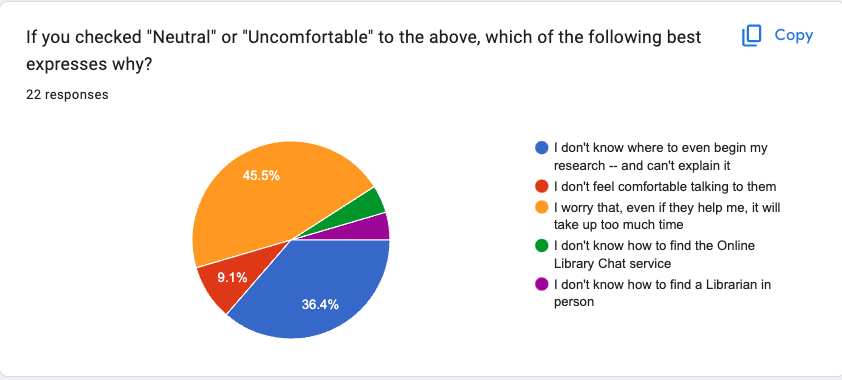I am not in the habit of using social media posts as “proof” — yet, this image of Senator Blumenthal using the AI to make his opening remarks at a Senate hearing on legislating restrictions on AI is priceless:
The above was cited in an article in New York Magazine that touts “Regulation of AI is essential,” and I heartily agree.
We–teachers and students alike–need to push for government restrictions on AI before things get way to out of hand in this crazy world. And until they come, we need to understand the current digital landscape.
So I want to be clear: Just because I am advocating for our using and understanding generative AI in teaching and research does not mean I trust it or think that it is being ethically produced and used.
For some quick reading on ChatGPT CEO Sam Altman’s recent testimony before Congress (in which this Tweet was posted), see:
Steib, Matt. “OpenAI CEO Sam Altman Says He Wants Regulation for ChatGPT.” New York Magazine, 16 May 2023.






